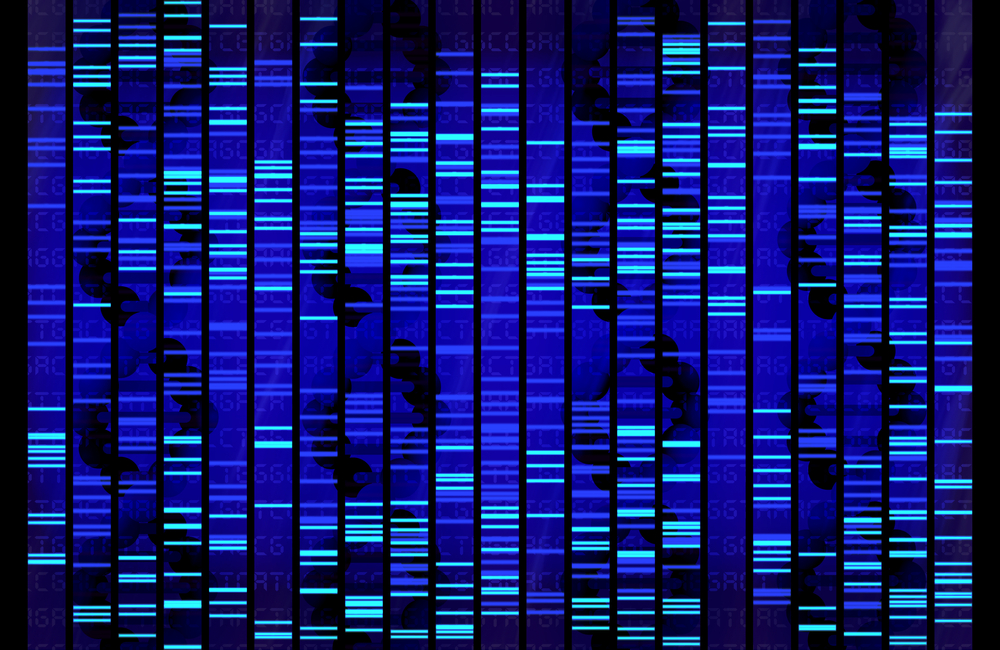Genome-wide Analysis Pinpoints 200 Gene Variants Common to MS
Written by |

A genome-wide analysis of over 110,000 people allowed researchers with the International Multiple Sclerosis Genetics Consortium (IMSGC) to discover 200 genetic loci (the position of genes on a chromosome) that are common to people with multiple sclerosis (MS).
The findings were given in the presentation, “200 loci complete the genetic puzzle of multiple sclerosis,” by Dr. Nikolaos A. Patsopoulos, an associate member of the Broad Institute, at the American Society of Human Genetics annual meeting (ASHG 2016) taking place in Vancouver, Canada, through Oct. 22.
“This is the largest study of this disease worldwide,” Patsopoulos said in a press release. “The large sample size provided the statistical power to pinpoint areas of the genome that are likely to be involved in MS, including less common genetic variants that tend to have a larger effect on disease.”
IMSGC was established in 2003 to bring together researchers — from 30 institutions in 18 countries — dedicated to the study of MS genetics. The consortium combined data from several genome-wide association studies, comprising a total of 47,351 people with MS and 68,284 without this disease.
Through the comparison, the research team identified 200 variants significantly more common among MS patients. The majority of these variants are linked to genes associated with immune system functions and immune cells, including some that may be specific to brain-related functions.
“This confirms the complex interplay of different elements of the immune system in MS susceptibility and highlights the role of several different immune cells that contribute to the initiation of this inflammatory disease,” said Phil De Jager, MD, PhD, the study’s senior author and also an associate member of the Broad Institute, a Massachusetts research center associated with MIT and Harvard. “While we now have some hints, the mechanisms that lead this inflammatory disease to target the brain and spinal cord remain unclear.”
Several of the genes identified are known to be implicated in other autoimmune diseases, like type 1 diabetes, rheumatoid arthritis, and ulcerative colitis. This led the researchers to wonder about why these diseases target different organs and have such distinct clinical manifestations.
“The differences and commonalities between MS and other autoimmune diseases are part of our line of research. Many of these conditions affect immune system cells, but we believe they change these cells in different ways, leading to different disease outcomes,” Patsopoulos said.
Adrian Ivinson, the IMSGC’s coordinator and executive director of the BWH Institute for the Neurosciences, praised the collaborative nature of the project. “Only by sharing our energy and resources have we been able to produce this detailed genetic map of multiple sclerosis,” Ivinson said. “Using the same approach, the IMSGC now hopes to turn its attention to the genetic underpinnings of progressive multiple sclerosis, the most aggressive form of MS.”
Patsopoulos received a Career Independence Award from the National MS Society that was used to partly support the study.


